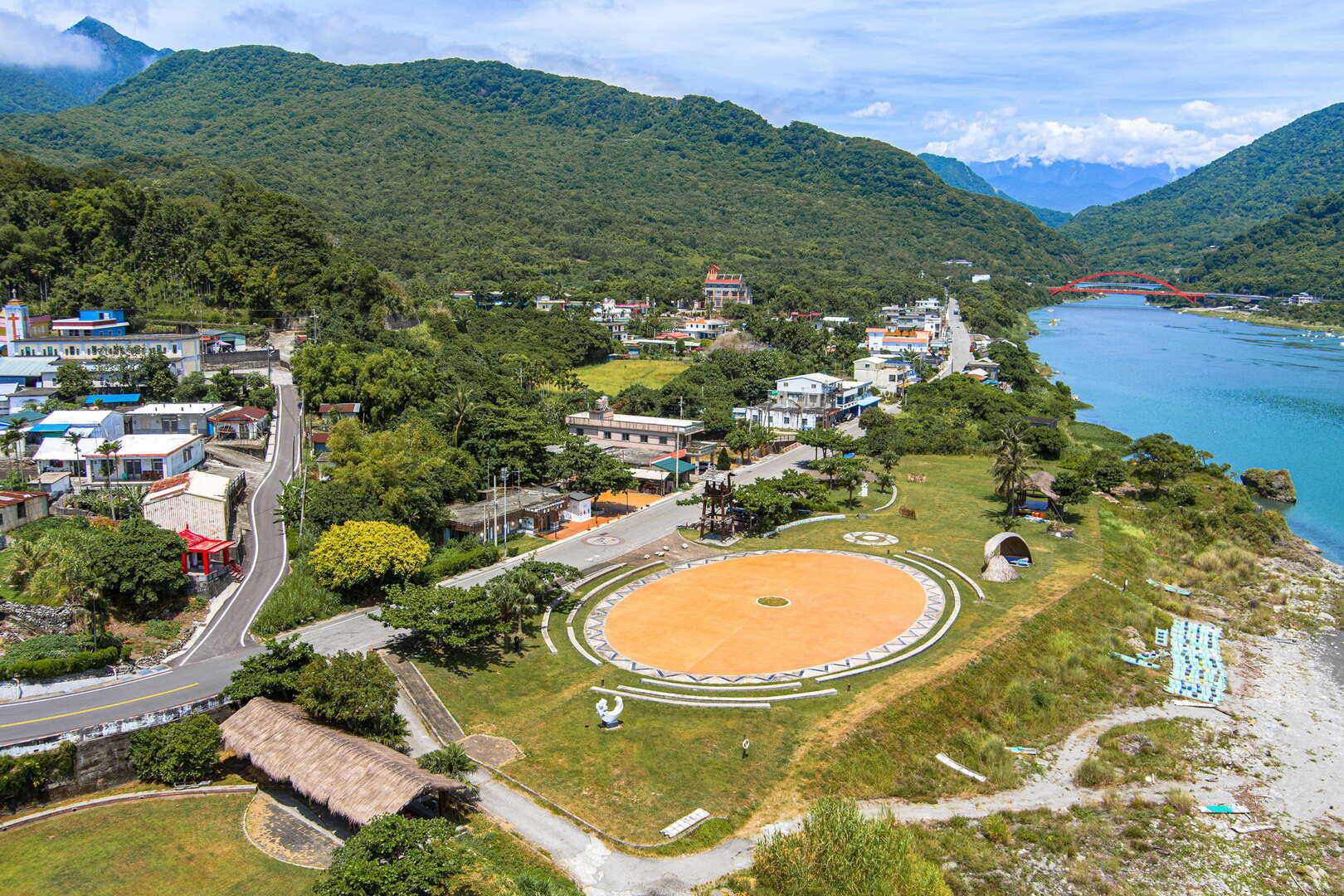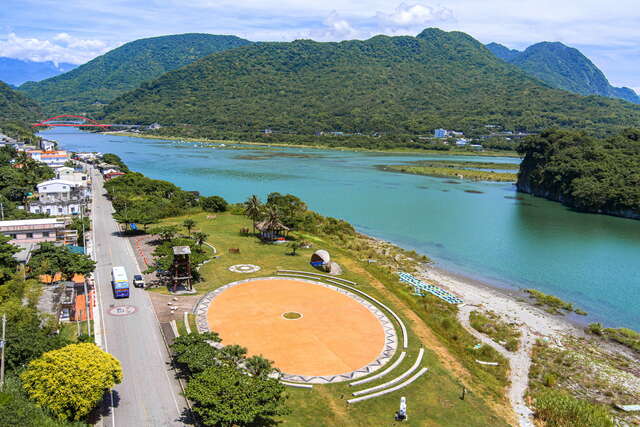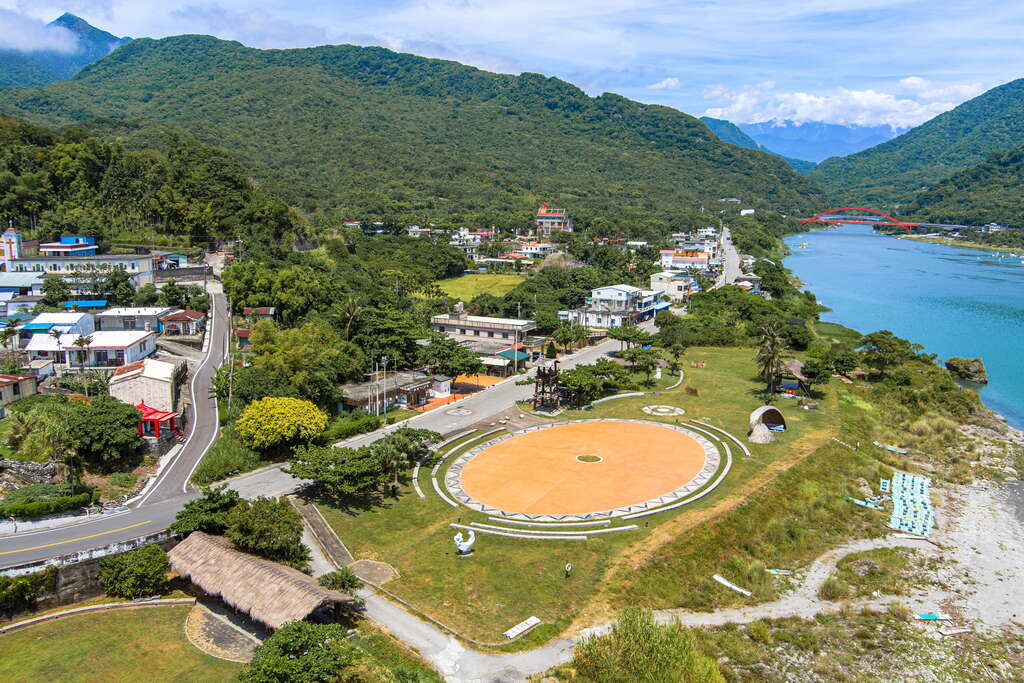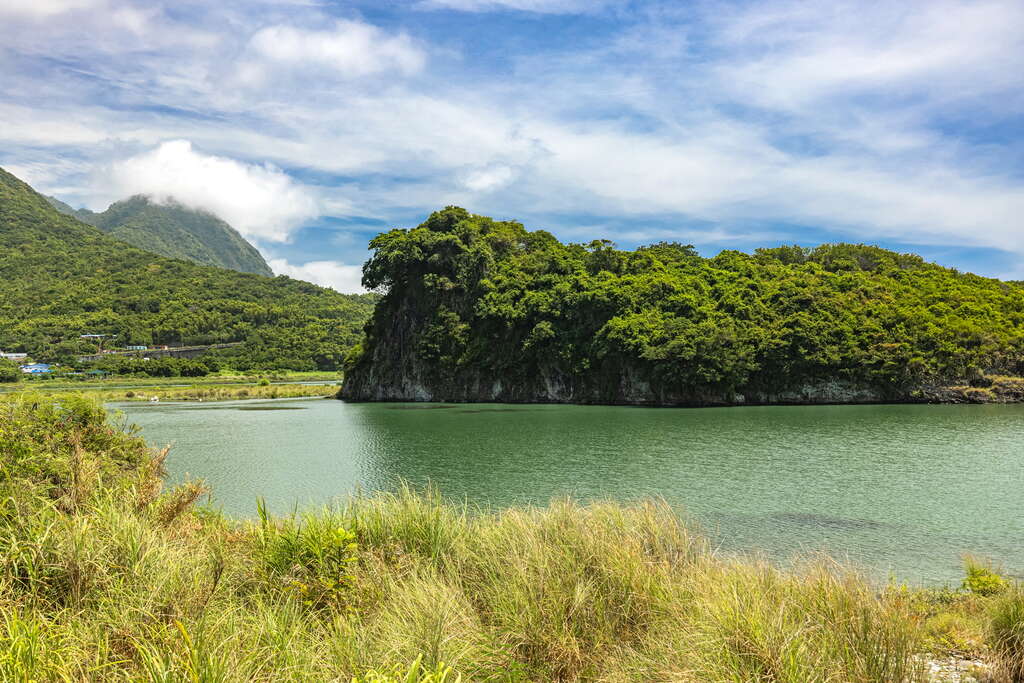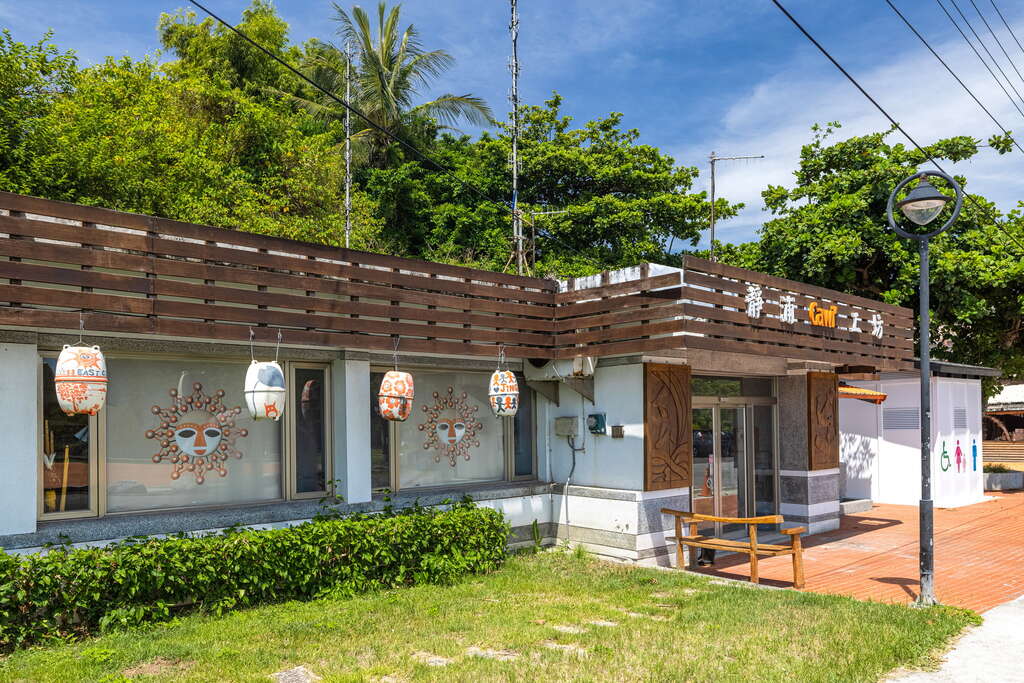Jingpu Tribe
Updated:2024-11-19
Popularity
4454At the 67.8-km marker of Provincial Highway 11
Fun activities
- Half-day and package tours of Jingpu Tribe can be reserved
- Enjoy the scenery of the estuary of Xiuguluan River where the river and the sea merge
- Feel the enthusiasm of the working holiday volunteers at New Pacific 1
Feature
- The Cepo' IncidentThe Cepo' IncidentThe Cepo' Incident (Karawrawan a demak no Cepo' in the Amis language), also known as the Kiwit Incident (Karawrawan a demak no Kiwit), took place in the elementary school of today's Jingpu Tribe. In 1877, the Qing Dynasty implemented the policy of co-option in indigenous tribes. At that time, Qing officials attempted to forcibly develop a road from Shuiwei (today's Ruisui Township, Hualien) to Gangkou Tribe and triggered strong resistance from the Amis people in Gangkou and Qimei Tribes. The Qing troops were not able to win and end the battles. Later, Qing official Wu Guangliang changed the strategy and set up a banquet for all the tribal elites. While they were drunk and unable to resist, he ordered to shoot and kill all the tribesmen, causing heavy losses to the tribes at the time. This tragic event is named the Cepo' Incident. At the present Jingpu Elementary School, there is a Cepo' Incident Monument.
Details
Jingpu is the southernmost village in Fengbin Township, Hualien County. The Tropic of Cancer monument is in the south of Jingpu Village. Residents are mainly Amis. In the Amis language, Jingpu is called Ciwi (the pronunciation of which is close to zha-wei), meaning the flat col between mountains. Since Jingpu is located at the estuary of Xiuguluan River, every visitor to the East Coast participating in whitewater rafting will arrive and get ashore here after Changhong Bridge. With the unique landforms of Coastal Mountain Range, Pacific Ocean, Xiuguluan River, and Xibulan Island, and the wide array of local tours developed by the tribes in recent years, the beauty of Jingpu Tribe has become more and more known to the world.
The various tours that Jingpu Tribe has been actively developing are based on the traditional Amis lifestyle. By participating in the tour, visitors can get closer to the authentic local life. For example, the Bagua fishnet is an important traditional tool for fishing by the stream that every Amis youth must master. Rubber rafts used to be the main means of transportation between Jingpu Tribe and tribes on the other side of the river. The tours combine interesting experiences with the beautiful scenery of the estuary. You can listen to the simple tribal stories about catching eel seedlings and mole crabs at the estuary, living in harmony with nature.
Jingpu Tribe is also the first tribe in the East Coast National Scenic Area to offer working holidays. The model of "active participation beyond mere experiencing" successfully brought many young volunteers here to participate, which led to the establishment of the New Pacific No. 1. It is a must-see highlight at Jingpu.
Information
Facilities
- Dining
- Parking lot
- Toilets
How to Get There
Choose a transportation method based on your departure location. Remind
Parking is available.
Remind
1. Make a reservation in advance for the tribal tours.
2. Be sure to respect the local residents when entering the tribal living area. Do not enter private houses without permission.
3. Gravel mining, picking wild plants, and hunting wild animals are strictly prohibited.
2. Be sure to respect the local residents when entering the tribal living area. Do not enter private houses without permission.
3. Gravel mining, picking wild plants, and hunting wild animals are strictly prohibited.
